In a studio south-west of Melbourne, a team of artists sketch, paint and create works immortalising the scenes of the old Ford factory, and the migrant workers who for decades kept it running.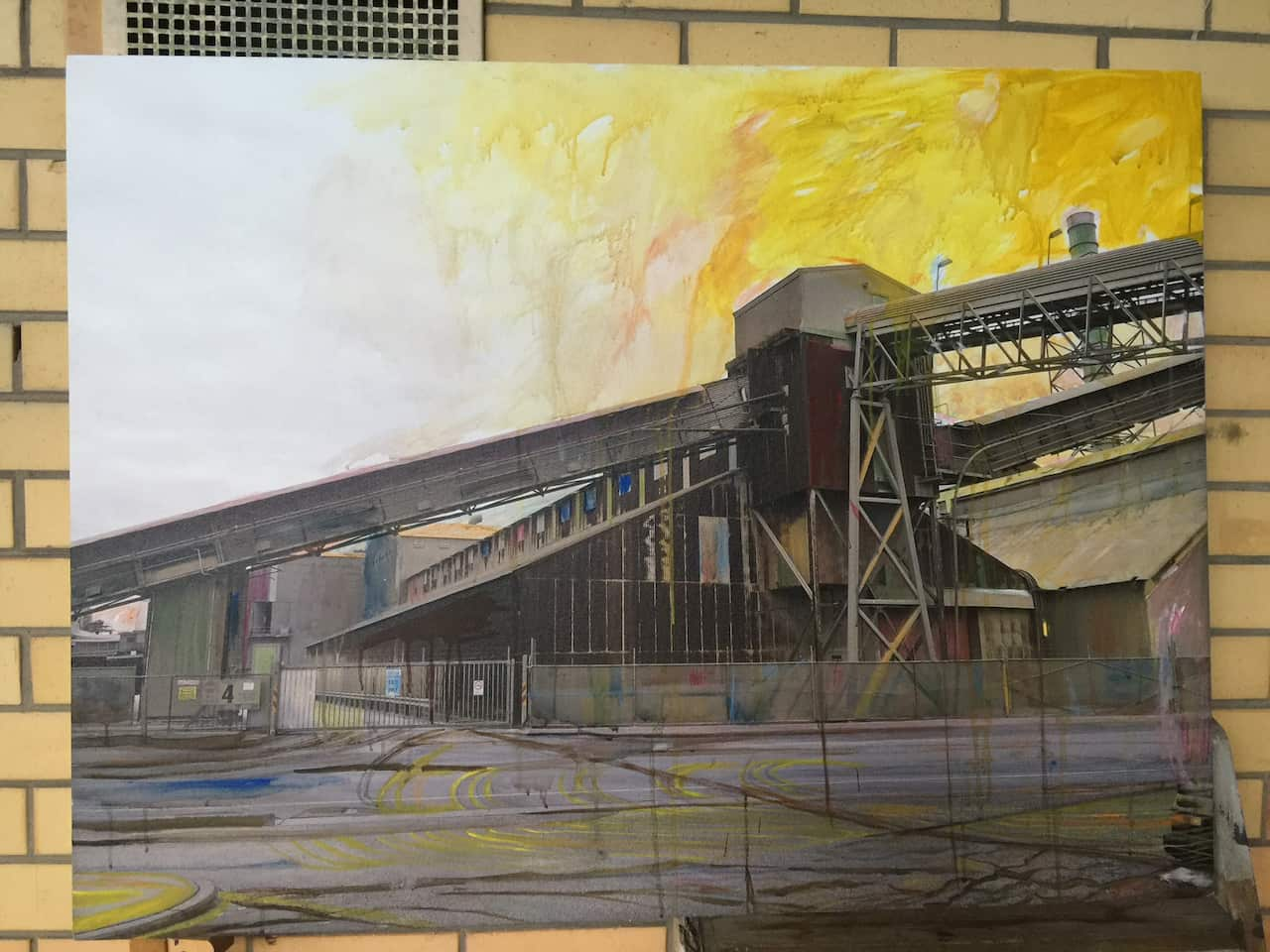 The factory is now closed, but memories of a new beginning at Ford endure for the hundreds of Macedonian-Australians who still reside in Geelong.
The factory is now closed, but memories of a new beginning at Ford endure for the hundreds of Macedonian-Australians who still reside in Geelong.

One of the pieces in progress for #VacantGeelong Source: SBS
Amongst them, Jim Bozhinovski, who still remembers his first day at the factory.
"My father-in-law come in and he was all black, and I say, 'Is this the job?' He say 'yeah'. I say 'I don't like work here'," he said.
But like an estimated 90 per cent of the region's Macedonian families, he did work there - for 36 years.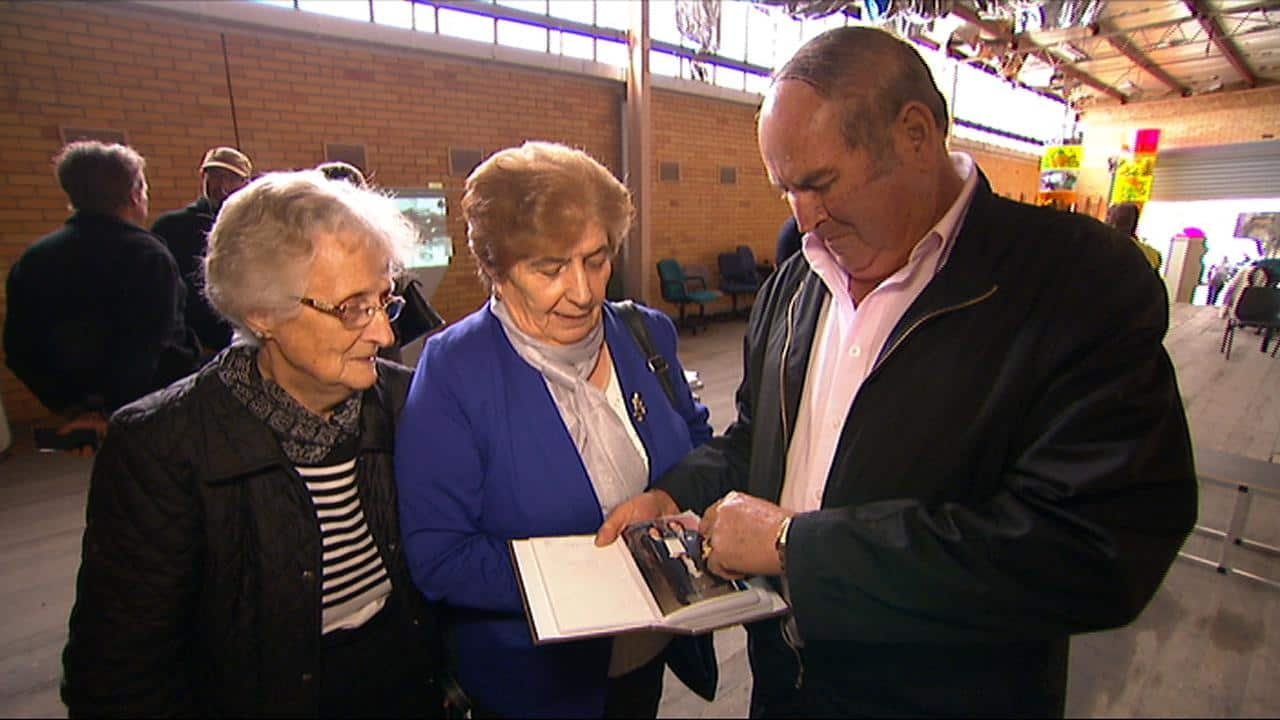 Amongst the group Macedonian migrants participating in the art project, the large majority spent their entire working lives at the company.
Amongst the group Macedonian migrants participating in the art project, the large majority spent their entire working lives at the company.

Former workers Lena Chomovska, Nada Bozhinovska and Jim Bozhinovski look at photographs Source: SBS
Ilo Najdanovski said often new arrivals from Macedonia would arrive in Geelong one day and start at the factory the next.
He said entire families would travel to work together.
"Father-in law, brother-in-law, we all take each other," he said. "One come in and if someone want a job from another factory we just take him, come we give you job, we just ask the supervisor. They have lots of jobs at that time."
Opening in 1925, the Ford factory set the foundation for a brand new community in the region that still exists decades later.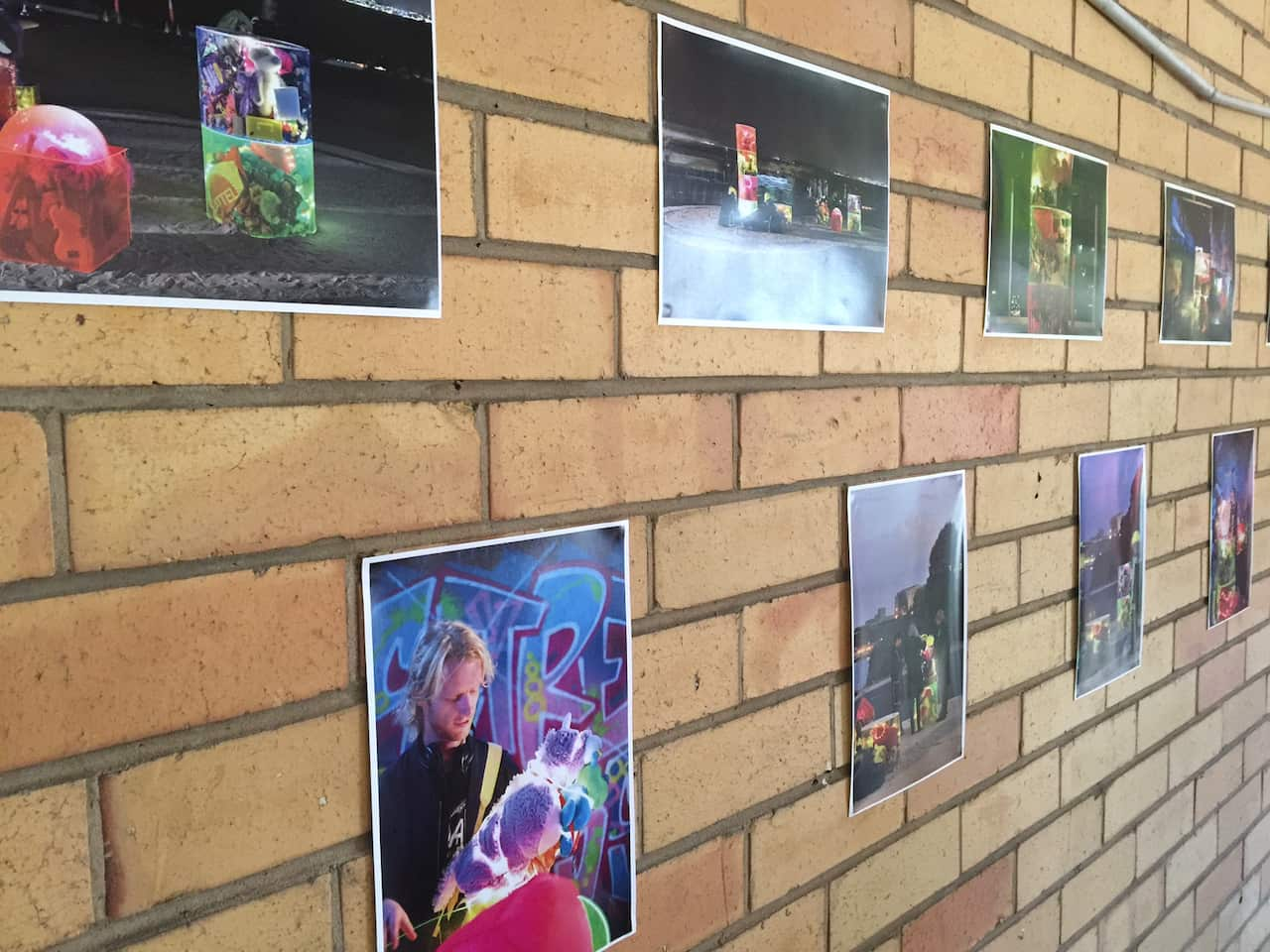 Nada Bozhinovska worked as a welder.
Nada Bozhinovska worked as a welder.

Works in progress at #VacantGeelong exhibition Source: SBS
Many of her fellow employees came from surrounding villages of Bitola in Macedonia, where work and opportunity at the time were scarce.
She said Ford gave Macedonian families a chance at a new life.
"If no job, we no stay, we have to go back again," she said. "There (at Ford) we were very happy people, for job, for money, for life."
By the 1950s, 54 per cent of Ford's workforce in the state were migrant workers.
But while communities such as Geelong's Macedonian community relied heavily on the factory for its survival, it was a relationship of mutual dependence, according to Mirjana Lozanovska, from Deakin University, who is leading the art project, titled #VacantGeelong.
"It was at a time when there was massive economic growth and Ford needed workers, but at the same time the Macedonian community in Geelong wouldn't have existed or grown if it wasn't for Ford," she said.
The factory's closure hit them hard.
By the end of this year, job losses from Ford, Holden and Toyota will total between 40,000 and 50,000.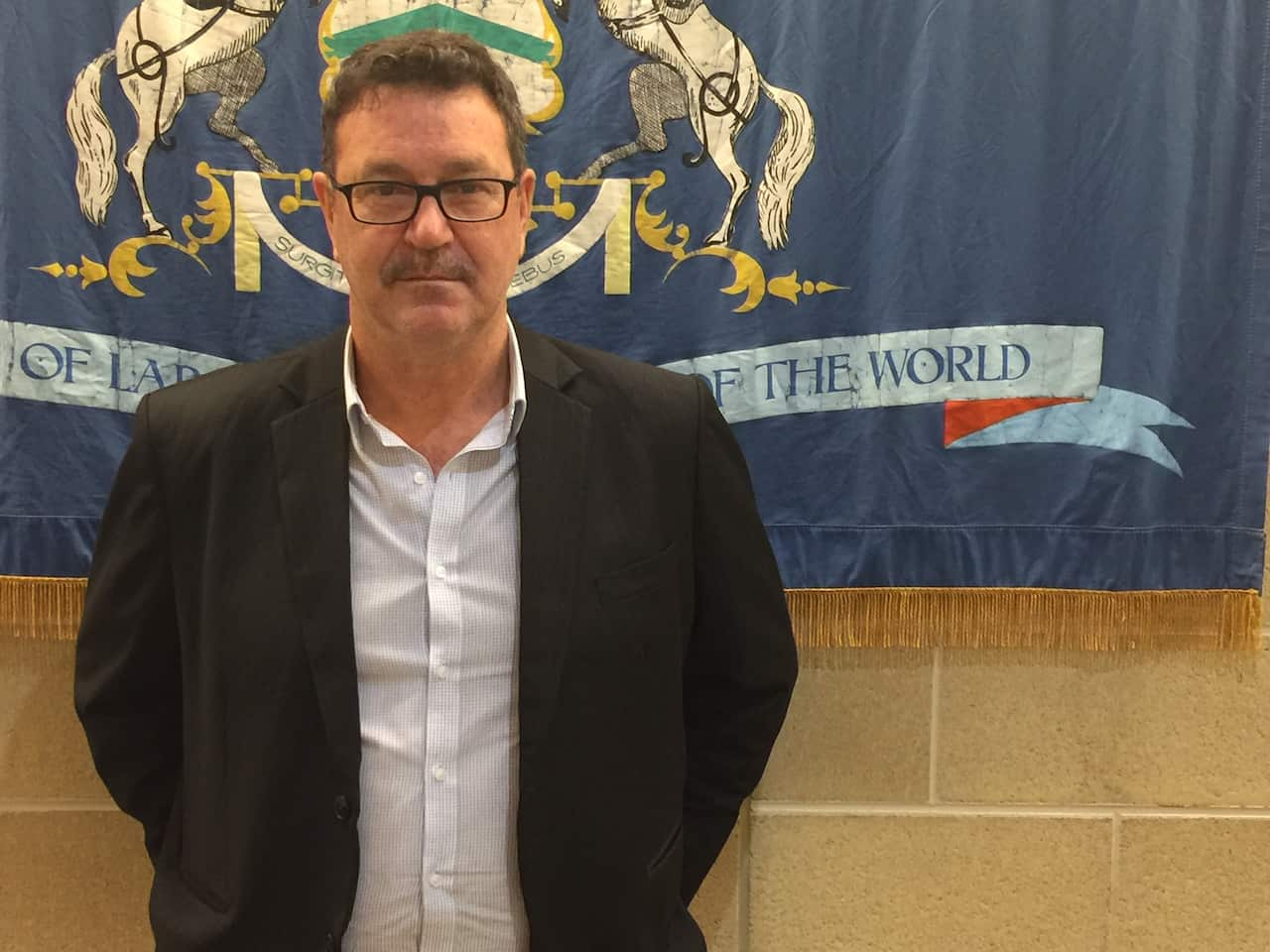 When Ford shut it's doors last October, some workers chose to retrain, but to date only 35 per cent have found full-time jobs.
When Ford shut it's doors last October, some workers chose to retrain, but to date only 35 per cent have found full-time jobs.

AMWU Dave Smith Source: SBS
Dave Smith, from the Australian Manufacturing Worker's Union, says over 83 different nationalities were amongst the long serving workers at Ford with an average time of 20 years' service
He said for many it's been a rough transition from working a steady job to looking for full-time employment.
"It's very, very difficult to make the transition, just from Ford itself, let alone going from a full-time regular job, which is very structured, to something where you might be waiting for a telephone call to find out when your next day of work is going to be," Mr Smith said.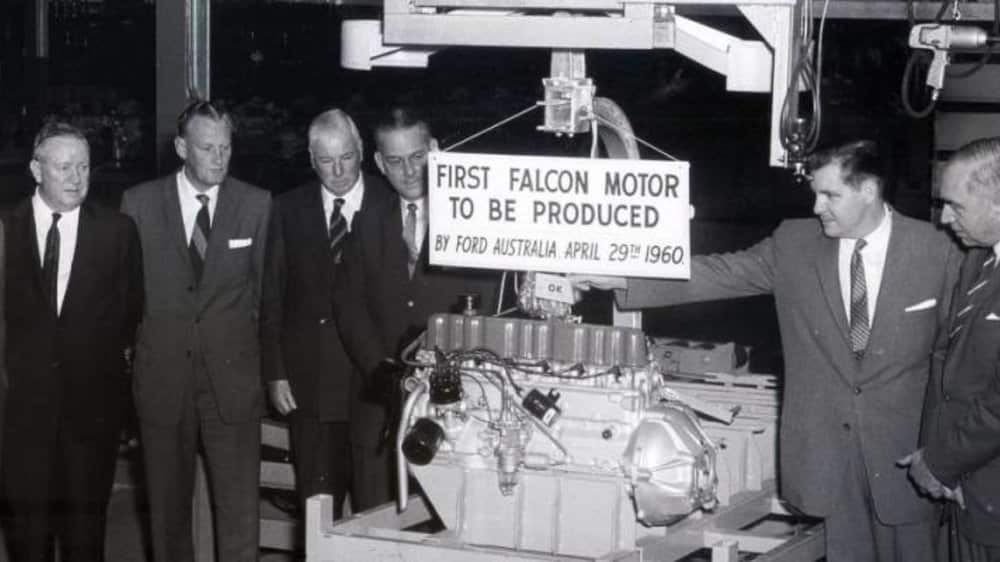 One of the lucky ones, Ilo Najdanovski was able to retire.
One of the lucky ones, Ilo Najdanovski was able to retire.

The first Falcon motor to be produced April 29, 1960 Source: Various
But the new era of technology has him fearful for the next generation of migrants.
"They give you multi-million dollar computers, one mistake you crash it," he said. "You have to speak English, you have to understand the computers and the touch screen. It's robot everything you have to control."
But while the jobs are gone, loyalty to the brand remains.
Lena Chomovska, who worked 10 years on Ford's metal press, said all generations of Macedonians in Geelong will only drive a Ford.
"All Ford, all generations," she said with a laugh. "The young, the old, we all drive Ford."
A car and a community, forever entwined.
A long way from Mount Sinjar: Wagga Wagga welcomes Yazidi refugees
Share



